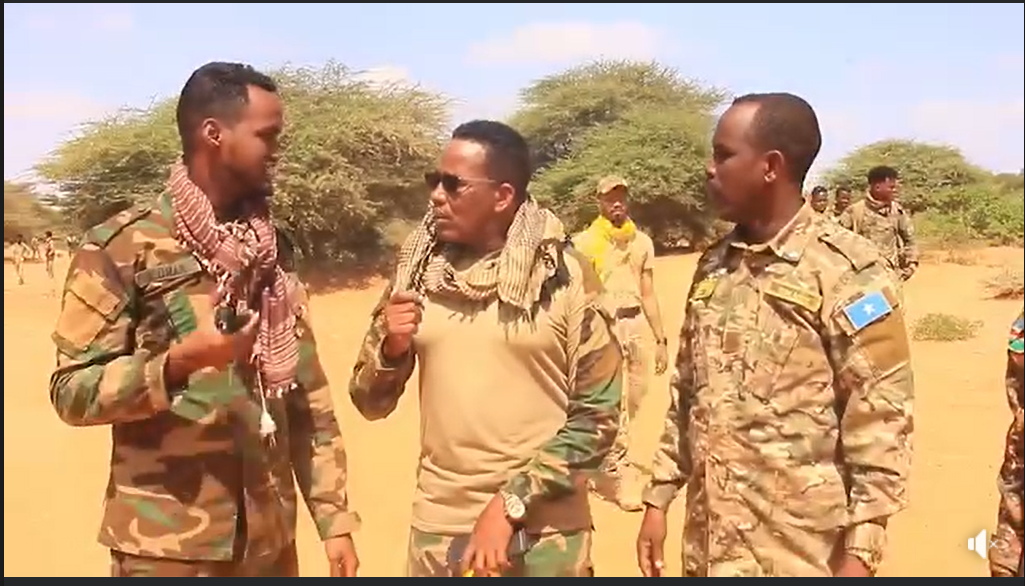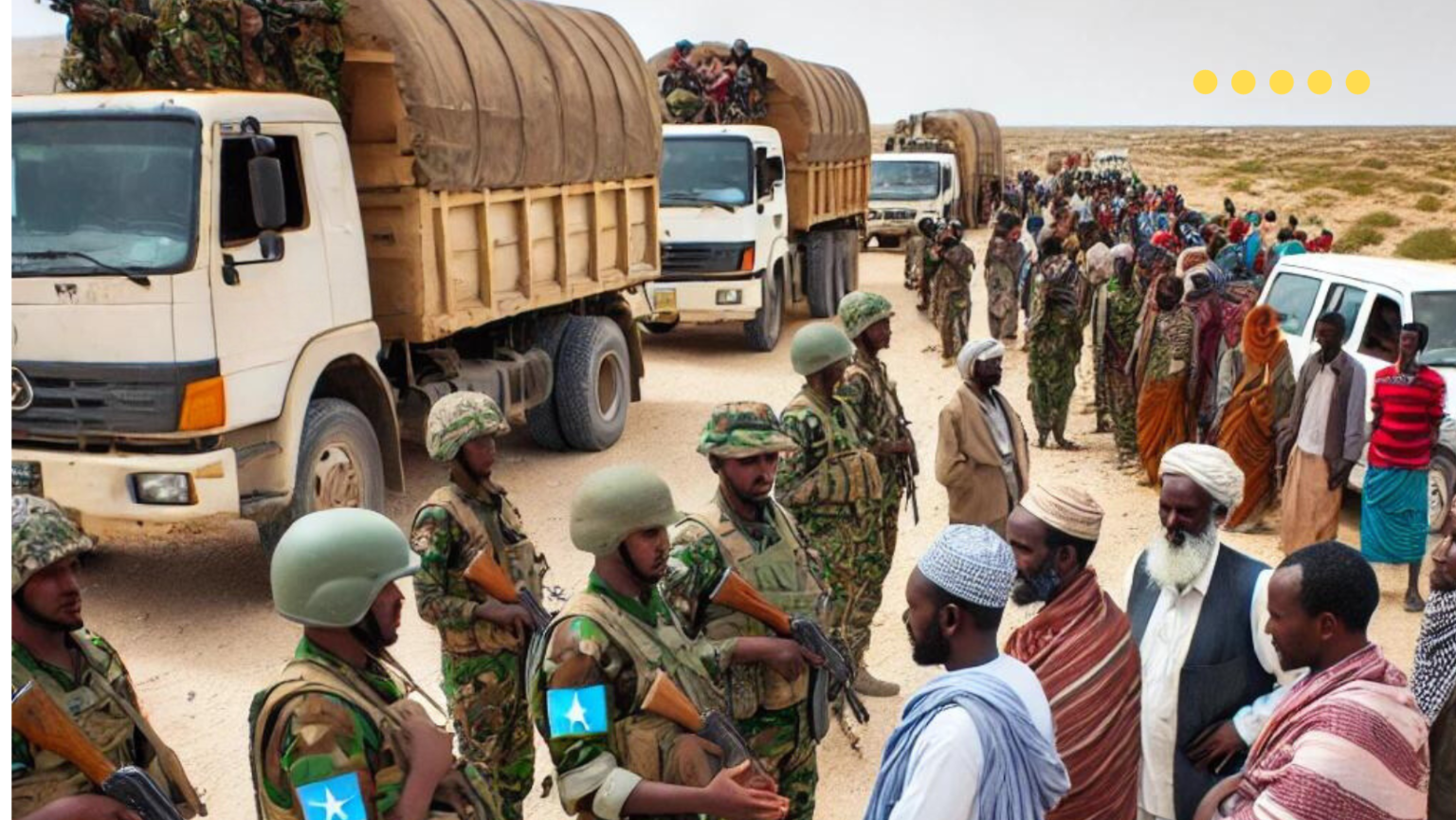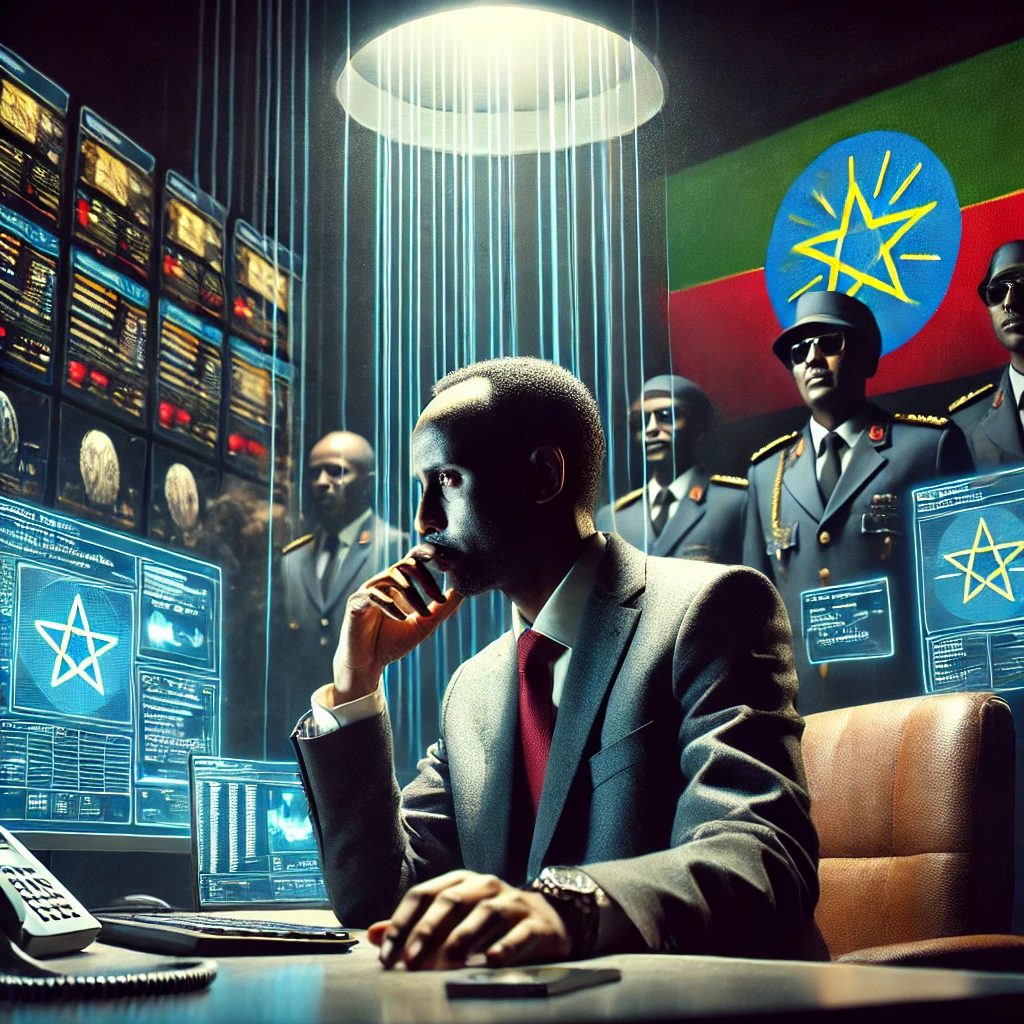Combating Al-Shabaab’s Online Propaganda: Somali IT Experts and Social Media Effort
Author: Osman Omar
Stabilizing Mogadishu is Key to Somalia’s Peace
Supporting the Leadership of President Hassan Sheikh and Prime Minister Hamza Abdi Barre: A Key to Ending Al-Shabaab’s tyranny.
Somali Government Faces Disinformation Threat from Social Media and Media Sabotage
The Somali National Army has launched large-scale military operations. The Somali National Army has launched large-scale military operations aimed at liberating many regions from Al-Shabaab. Most of the fighting occurs in Galmudug, South West, Jubbaland, and Hirshabelle. However, the main areas experiencing the heaviest fighting are Bakool, Galgaduud, and Mudug. The Somali Army has shifted from its previous strategy, which involved capturing towns while Al-Shabaab remained outside in the rural areas. Now, they have adopted a new approach of attacking Al-Shabaab in the rural territories where they have been hiding. Al-Shabaab has lost significant military strength, being driven out of…
Howlgal ballaaran oo lagu xoreynayo Deegaanada bacadwayne iyo Qaycad ayaa saaka kabilowday koofurta Gobalka Mudug Howlkan waxaa iska kaashanaya Ciidanka Daraawiishta Galmudug Macawisleyda Deeganka iyo Cutubyo katirsan Ciidanka Gorgor ee xooga dalka Somalia
The international community, governments, and institutions assisting Somalia We, the Somali people, both within our borders and across the globe, particularly Somali nationalists, offer our sincere gratitude for the support you have extended to Somalia. Your contributions have been invaluable. However, we must address a dire concern that threatens the future of our nation—a concern that requires urgent action. After careful investigation and reflection, it has become painfully clear that the current political structure in Somalia has devolved into a system that mirrors the destructive warlordism of the past. The regional leaders, who were meant to bring stability, have instead…
Hobyo Port has significant economic potential. While Pakistan’s Gwadar port is connected by land to major manufacturing cities in China, Hobyo offers a shorter travel distance to Africa, making it a strategic gateway for China’s Belt and Road Initiative in Africa . However, for Hobyo to succeed, the Hawiye clan must take decisive action. Every Hawiye member allied with Al-Shabaab must be eliminated, and Galmudug must become a safe haven for economic growth and opportunity. I know you have the power to make this happen, but if you believe Al-Shabaab will disappear without bloodshed, you’re deluding yourselves. Without action,…
Turkish-Somali Cooperation Could Shape the Future of the Horn of Africa
Somali Military Intelligence and Clan Collaboration Successfully Prevents Illegal Weapon Smuggling from Ethiopia Somali military intelligence has effectively utilized local clan support to stop illegal weapons from entering Somalia through the Ethiopian border. In a coordinated effort, the Somali National Intelligence and Security Agency (NISA) and national military intelligence units have been deployed across multiple regions, including Togdheer, Sool, Puntland, Galmudug, Hirshabelle, SouthWest, and Jubaland. A number of units have been placed in the Gedo region, where these intelligence units are actively monitoring and securing the border. Today, Somali forces, in collaboration with local clans, successfully intercepted illegal arms shipments…
Ethiopia’s Use of Advanced Phone-Hacking Software and Its Political Implications 2022 Ethiopia acquired advanced phone-hacking software from Israeli companies in 2022, raising significant concerns regarding its potential use for political surveillance. This software, comparable to the notorious Pegasus spyware, allows Ethiopian authorities to monitor calls, messages, and private communications remotely without the target being aware. The implications of this technology are wide-ranging, particularly in the political landscape of Ethiopia and its neighboring regions, notably Somalia. How the Software is Affecting Key Political Figures Reports indicate that the Ethiopian government has been utilizing this phone-hacking technology to gain strategic advantages by…




